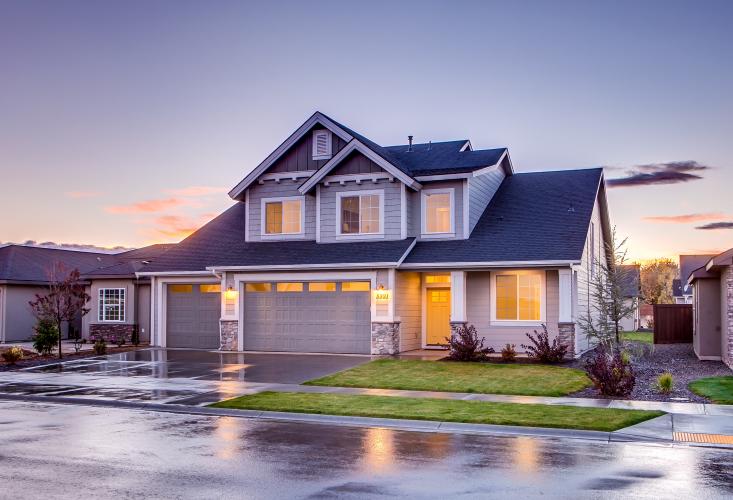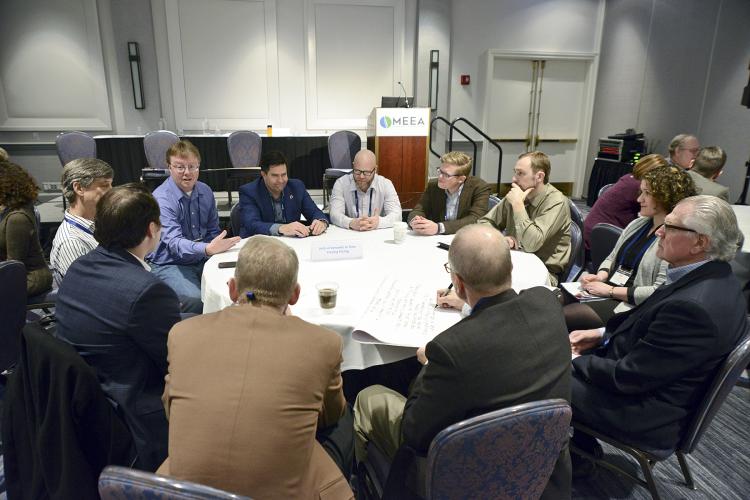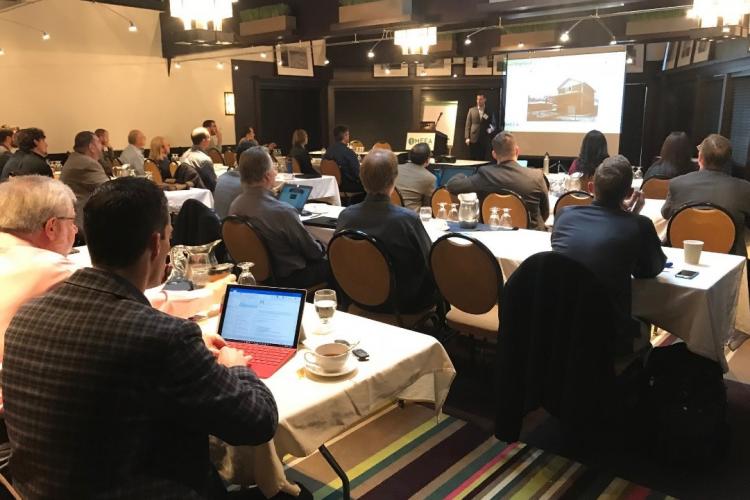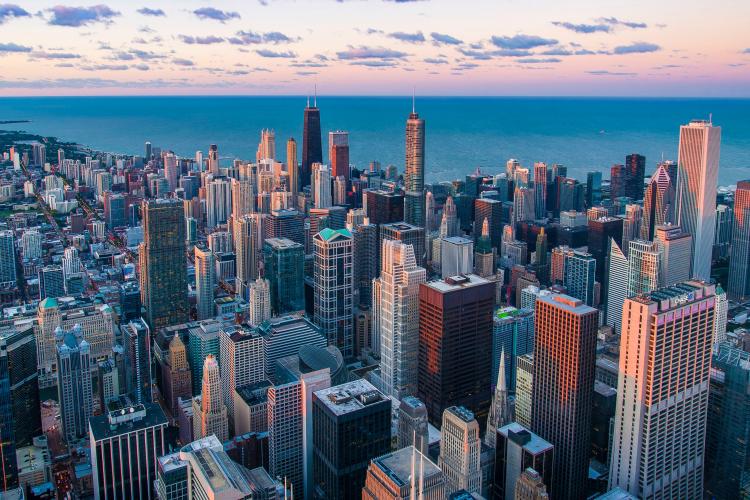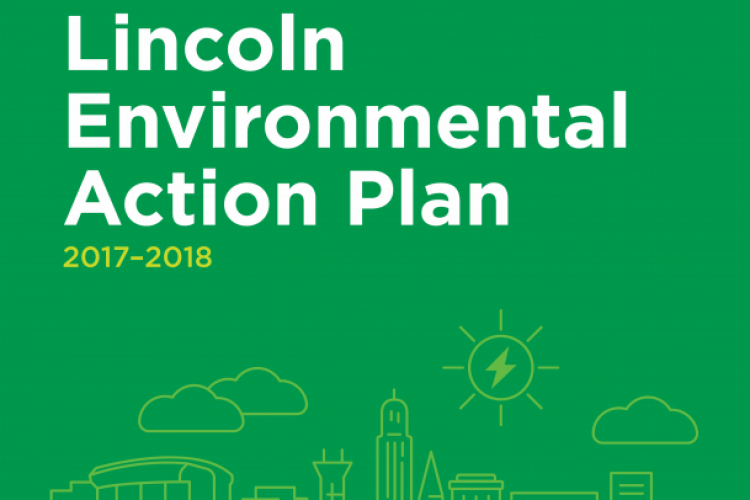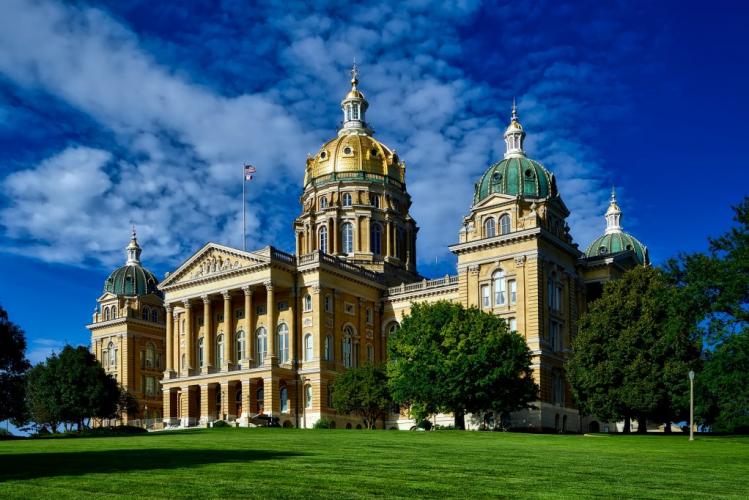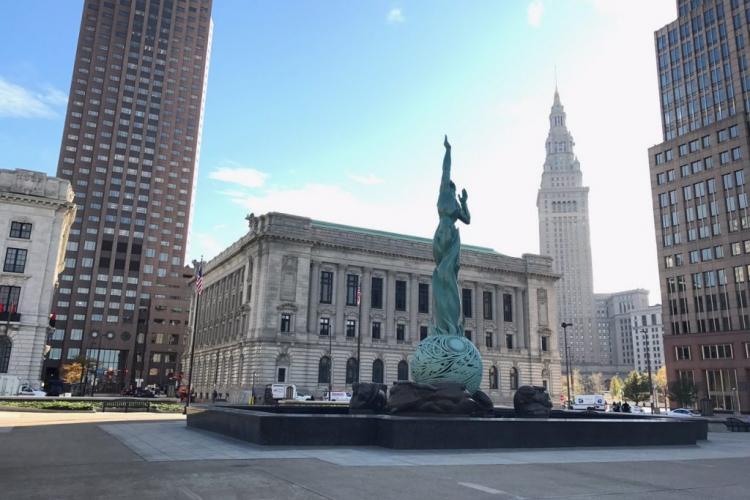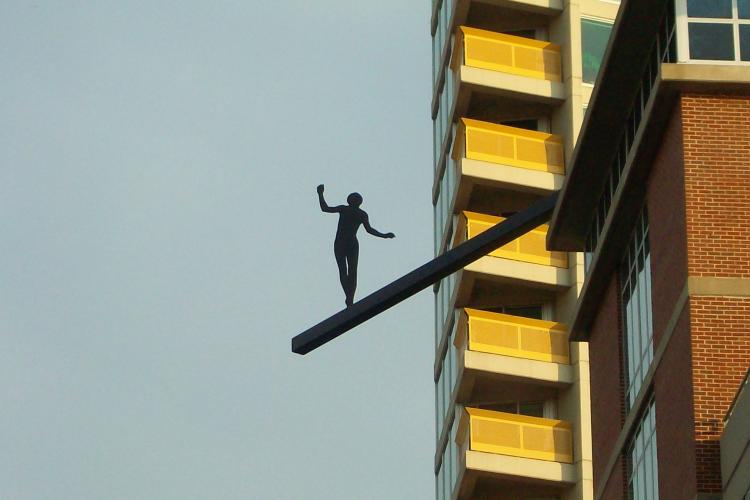New Research Shows the Myriad Benefits of Energy Efficient Homes
The case for residential energy efficiency often turns on two benefits: saving on energy bills or saving the world. But a recent study by the North Carolina Building Performance Association (NCBPA) found that energy efficiency in homes has another untapped selling point: a higher market value than less efficient homes.
